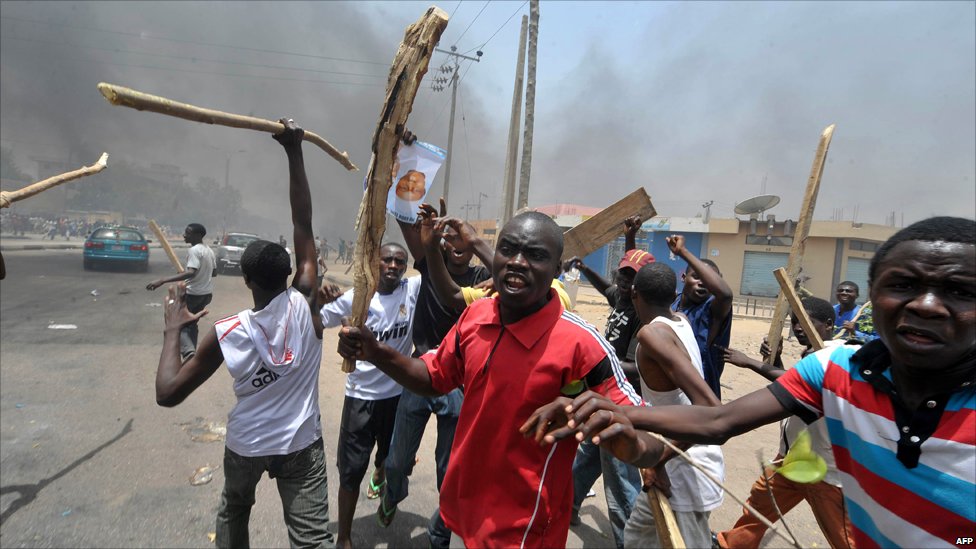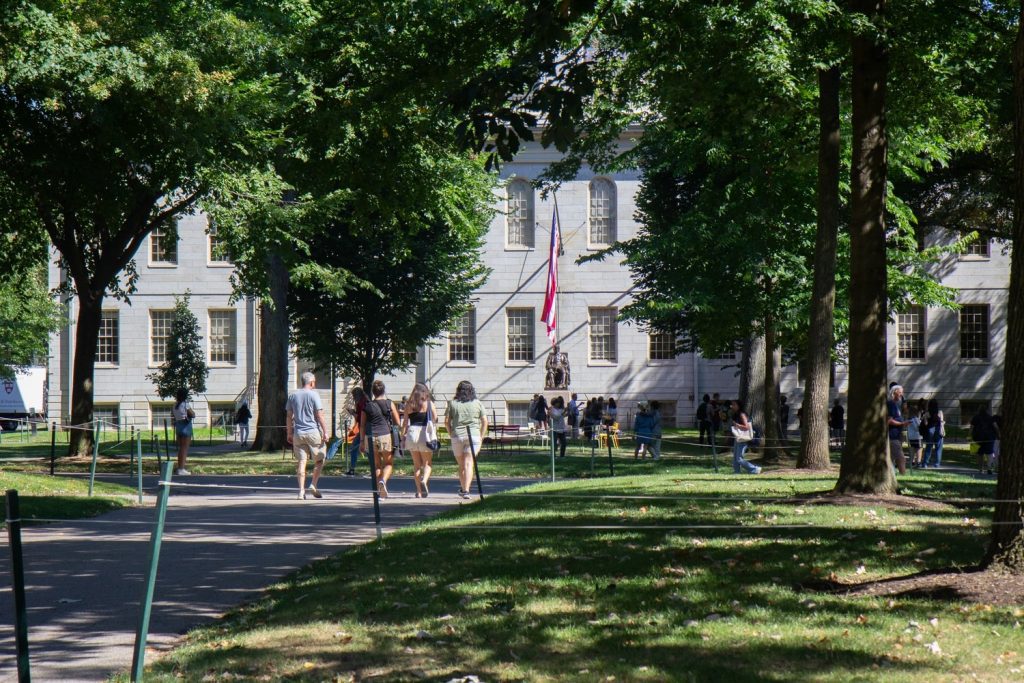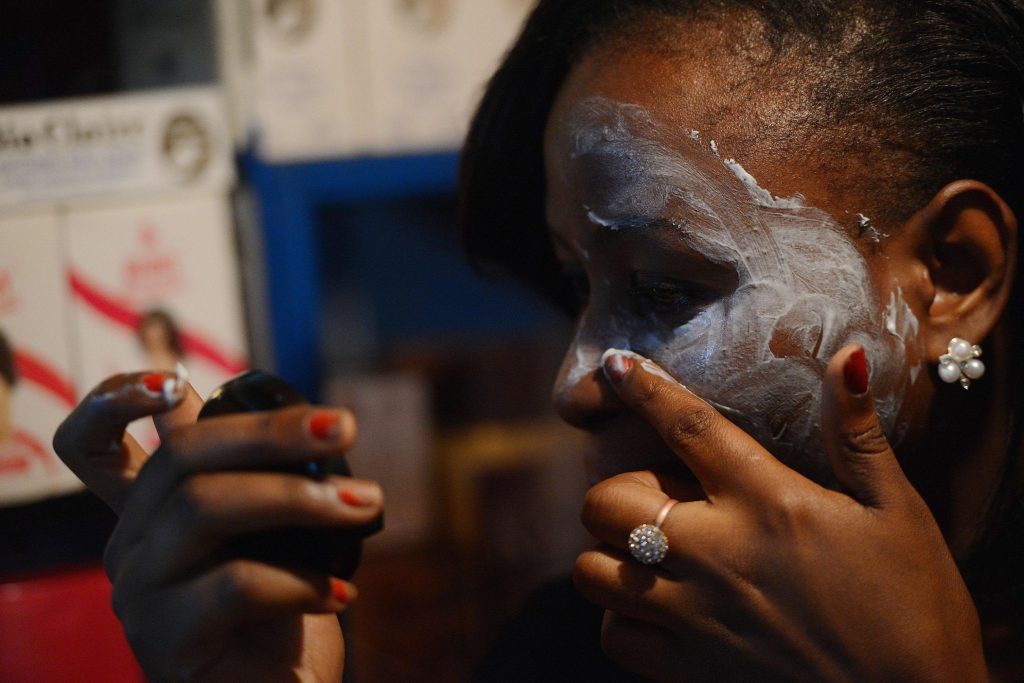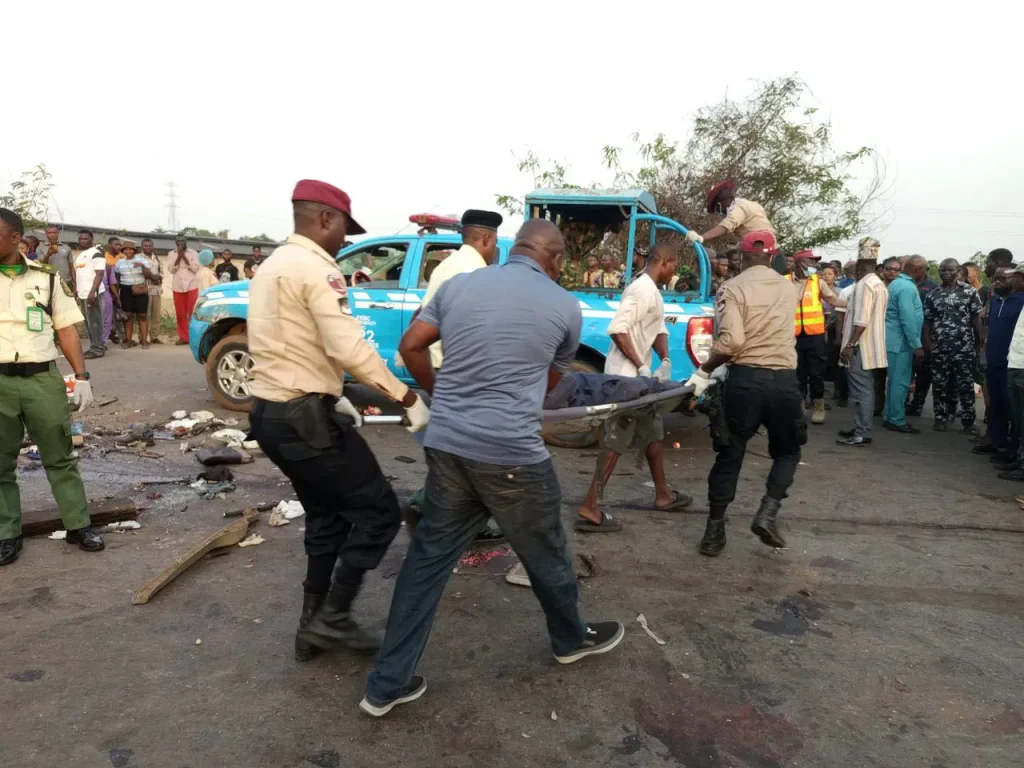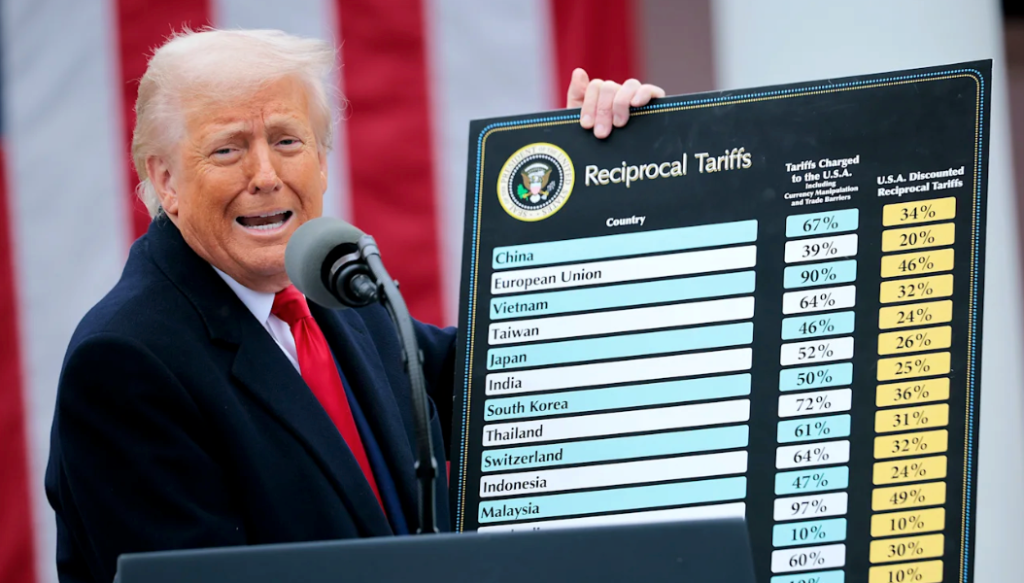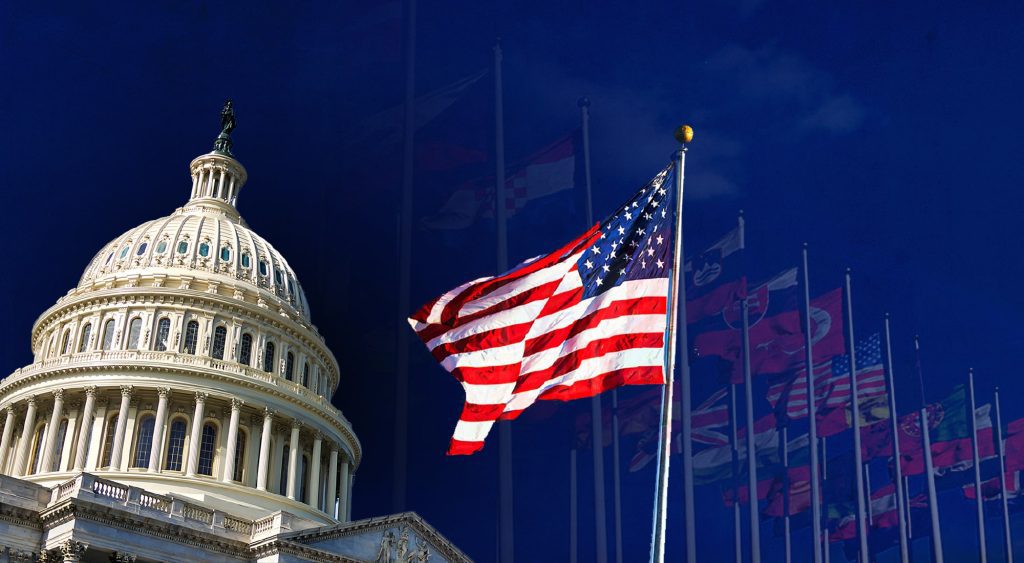The brutal lynching of 16 Fulani hunters in Uromi, Esan North-East Local Government Area of Edo State, in late March is a grim reflection of Nigeria’s deteriorating security and justice systems. This horrific act, captured in disturbing viral videos, highlights the dangers of mob violence, deepening ethnic tensions, and the failure of the state to protect its citizens and enforce the rule of law.
The Uromi Incident: Mob Violence and Tragedy
The 16 Fulani hunters were reportedly passing through Uromi when they were intercepted by a mob. Accused of involvement in local kidnappings and attacks, they were dragged from their vehicles, lynched, and their bodies mutilated. Such jungle justice is not only barbaric but also illegal and inexcusable.
No civilized society should tolerate this level of lawlessness. While justice must be served, it is essential to examine why communities are driven to such extremes.
A Symptom of a Failed State
The killings in Uromi underscore the breakdown of Nigeria’s justice and security systems. Many communities feel abandoned by the government and resort to self-help measures. In regions plagued by insecurity, citizens have lost faith in law enforcement and judicial institutions.
When criminal groups, often suspected to be herdsmen, attack villages and go unpunished, it breeds frustration and encourages retaliation. The government’s failure to act decisively in such cases creates a dangerous environment where mob justice becomes common.
The Herdsmen Crisis and Government Inaction
Over the years, several Nigerian states have suffered devastating attacks by armed herders. In February, 27 farmers were killed in Edo State by suspected herders. Yet, there was little response from the government. No arrests were made, and no compensation was offered to the victims’ families.
States like Benue, Plateau, Ekiti, Ondo, Nasarawa, and Ogun have experienced similar attacks, often resulting in mass casualties. These crimes are rarely investigated, and perpetrators are seldom brought to justice.
This pattern of silence and inaction has made farming communities feel abandoned. In some areas, residents are even forced to pay levies to armed groups to access their own farmlands.
Selective Justice and Ethnic Bias
The inconsistent handling of violence in Nigeria raises questions about bias in law enforcement. When a farmer in Adamawa, Sunday Jackson, killed an intruder in self-defense, the Supreme Court upheld his death sentence. Yet, when herdsmen massacre dozens, the state often remains silent.
This double standard fosters resentment and fuels ethnic divisions. The perception that some lives matter more than others erodes national unity and encourages vigilante justice.
Breaking the Cycle of Violence
To prevent further tragedies, Nigeria must uphold the rule of law without favoritism. All perpetrators of violence—whether herders, vigilantes, or extremists—must be prosecuted. Justice should not depend on a person’s ethnicity or religion.
The lynching in Uromi must be investigated thoroughly, and those responsible must face the law. At the same time, the government must also ensure that past atrocities committed by herdsmen and other armed groups do not go unpunished.
Modernising Livestock Practices
A major contributor to the herder-farmer conflict is the outdated practice of open grazing. Nigeria must embrace ranching as a modern and sustainable alternative. The establishment of the Ministry of Livestock Development by the Tinubu administration is a step in the right direction.
Fulani herders should be encouraged to transition to ranching, which is widely practiced in countries like the Netherlands and Brazil. This would reduce land disputes and improve livestock productivity.
Addressing Religious Violence
Religious extremism also plays a role in Nigeria’s insecurity. Cases like the murder of Eunice Olawale, a Christian preacher in Abuja in 2016, and the lynching of Deborah Samuel in Sokoto in 2022, were met with silence and inaction.
Justice must be served for all victims, regardless of religious affiliation. Selective enforcement only encourages further violence.
The Way Forward
To restore peace and stability, Nigeria must:
- Ensure equal justice for all citizens
- Prosecute all forms of violence without bias
- Compensate and support victims
- Promote ranching and ban open grazing
- Reform security agencies to act impartially
- Strengthen the judiciary for swift, fair trials
The Uromi massacre is a tragic reminder of what happens when justice is delayed or denied. Nigeria must act now to end this cycle of violence and build a society where all lives are valued equally and justice is served without prejudice.

